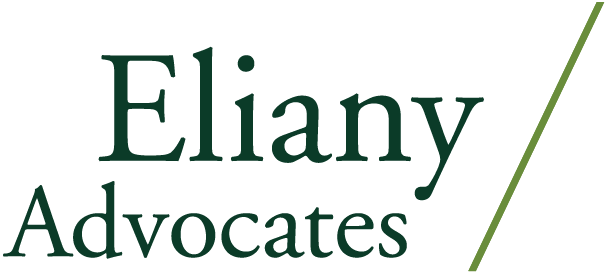Food and Drug Act Charges
When charged or served with a regulatory notice, you should find a lawyer who has both extensive criminal law experience and who is an expert in the Food and Drugs Act and its Regulations. This is difficult to do, as there are not many lawyers with experience in both areas. In every such case we have been involved with there have also been constitutional issues and so we also strongly suggest that the lawyer has extensive constitutional experience.
Geneviève Eliany brings a practitioner angle to her regulatory work. She studied and practiced homeopathy for over 10 years before being drawn into law to protect natural health products during the Bill C-51 scare many years ago. She frequently provides regulatory advice to natural health practitioners. Since her training with Shawn Buckley, she is one of only a handful of lawyers with extensive knowledge in criminal, constitutional, and food and drug law.
Advertising complaints and Advertising Standards Canada
In either case, we cannot recommend enough that you hire a lawyer with an understanding of: (1) the Food and Drugs Act and its Regulations; (2) the rights under the Charter of Rights and Freedoms that are involved in criminal law, and (3) freedom of expression law. A natural health product consultant such as the type that might assist you with licensing is not qualified to advise you in these situations.
When you are contacted by either Health Canada or the ASC, you will be advised that you are not in regulatory compliance with the Food and Drugs Act and/or the Natural Health Product Regulations. The reality is that you may be in compliance despite assertions to the contrary, as both Health Canada and the ASC have a very narrow interpretation concerning advertising that may not stand up in court.
The difficulty in responding to an advertising complaint is understanding what your rights are in the process. This is complicated by the fact that your rights may change as the process unfolds. In many circumstances, you are obligated to give Health Canada requested information. However, you are never under a legal obligation to give ASC any information. Your obligations to Health Canada usually end once they have concluded you are breaking the law and are seeking information to confirm this. In these situations the right to silence under section 7 of the Charter of Rights and Freedoms takes precedence over any obligations in the Food and Drugs Act and Regulations to provide information.
In situations where the regulatory body is seeking to convict you over your advertising, any information you choose to give to Health Canada likely cannot be used against you in court. The same cannot be said about information you provide to ASC as they are not a government body and your right to silence is not engaged.
To complicate the fact that anything you say to ASC can be used against you by Health Canada, ASC often demands all of the information needed for a conviction. We have even seen ASC demands for certification under oath that the information provided is true.
When we are hired to help natural health product manufacturers, distributors or retailers with advertising complaints, we are careful to inform you of your rights and consequences of compliance or non-compliance with authorities.
